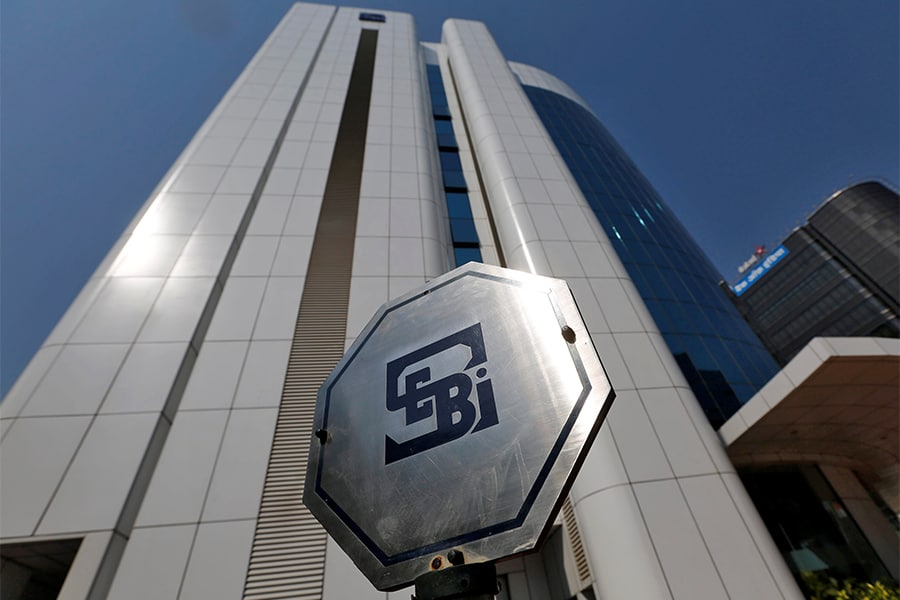
Sebi permits institutional investors to trade in commodity derivatives
Institutional participation in commodity derivatives will enhance price discovery and bring in desired liquidity

India’s market regulator Securities Exchange Board of India (Sebi) has issued norms to allow category III alternative investment funds (AIFs) to participate in the commodity derivatives markets. It will be the first time that institutional investors will be participating in commodities markets in India.
Category III AIFs employ diverse or complex trading strategies and use leverage in listed and unlisted derivatives. Various types of hedge funds, and PIPE funds are registered as AIFs in India.
“Commodity derivatives market has a huge potential in India. Our markets have not reached full potential as compared to developed countries. Institutional participation will enhance price discovery and these investors can also bring in the desired liquidity,” said SK Mohanty, executive director, commodity derivatives market regulation department (CDMRD), Sebi while addressing a conference on institutional participation in commodity derivatives markets organised by Ficci.
During the conference, Thomson Reuters and Multi Commodity Exchange of India (MCX), announced the launch of their co-branded commodity index series, Thomson Reuters-MCX India Commodity Indices (iCOMDEX), tracking the performance of commodities listed on MCX. Till date, India did not have an official commodity index that could be used for futures trading or to launch index related products. Now, relevant investors will be able to leverage these indices not only to benchmark performance but to also build products. Commodity index-based products would allow market participants to trade and invest in commodities on a short- and long-term basis.
Indian commodity markets have been affected by structural issues and the role of the regulator was to ensure that there was no illegal forward trading. But the real changes came in after the payment crisis at the National Spot Exchange Ltd (NSEL) which turned out to be a fraud of ₹ 5,574 crore. The forward markets commission (FMC), the commodity markets regulator was merged with Sebi in September 2015.
Now the regulator understands that the market is nascent and requires new products which can be sustained by large diversified institutional participation. “Our job is to create facilities and nurture liquidity. The government has put a high level committee to look at derivative and spot market as investment avenues for institutional investors. Sebi wants to ensure that all the participants and overseas market participants can come to India. We are trying to achieve that in a slow and deliberate manner so that we get international participation,” said Mohanty.
X




